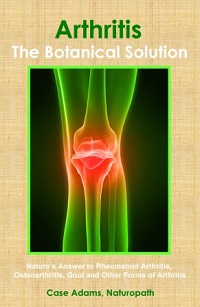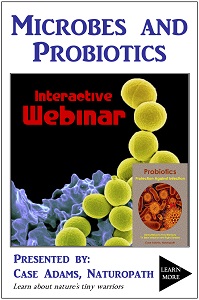Hay Fever and Allergies Linked to Early Antibiotic Use
Hay fever and other allergies in children are often linked to the early prescriptions of antibiotics given to younger children. This is the finding of research that followed young children.
In this article
School kids tested for hay fever and other allergies
A large study from Columbia has determined that childhood allergic rhinitis – also called hay fever or simply allergies – are associated with the use of antibiotics when the child was under one year old.
The research studied 3,256 schoolchildren between six and seven years old and 3,830 school kids from 13 to 14 years old. All the children were from Bogota, Colombia.
The research followed the methods established by the International Study of Asthma and Allergies in Childhood, or ISAAC.
The research, published in the Journal Rhinology, found those children who took antibiotics in the first twelve months of life were 70% more likely to have allergies.
Probiotics and allergies
This confirms the association presented by other research showing that probiotic populations in the oral cavity and the gut are crucial for maintaining immunity as a child. A typical course of antibiotics will decimate our natural probiotic populations.
Likely for this very same reason, children born with cesarean delivery were 60% more likely to suffer from allergic rhinitis. The cesarean section eliminates the child passing through the full birthing canal – which inoculates the baby with critical probiotic organisms from the mother.
Acetaminophen use also linked to allergies
The research also found that the risk of allergic rhinitis significantly increased in children who were using acetaminophen within the last year. Other research has linked acetaminophen to liver injury. The researchers also found that allergies in the children were associated with frequent fast-food consumption and exposure to second-hand tobacco in the home. These are all factors that tend to weaken the immune system. As the immune system is weakened, the body is less able to tolerate the onslaught of environmental factors. This puts the body into a position where it becomes subject to inflammation. This produces a condition where allergies become present.
Among the study population, over 30% of the children and over 36% of the teenagers reported allergic rhinitis. This represents a dramatic increase in the condition over the past decade.
REFERENCES:
Penaranda A, Aristizabal G, Garcia E, Vasquez C, Rodriguez-Martinez CE, Satizabal CL. Allergic rhinitis and associated factors in schoolchildren from Bogota, Colombia. Rhinology. 2012 Jun;50(2):122-8.
Adams C. Hay Fever and Allergies: Discovering the Real Culprits and Natural Solutions for Reversing Allergic Rhinitis, Logical Books.



















